Polycystic Ovary Syndrome (PCOS): Clinical Aspects, Potential Complications and Dietary Management
Polycystic Ovary Syndrome (PCOS) is known as a common gynaecologic and endocrinology disease with multiple short and long-term consequences. It is one of the most common causes for hyperandrogenism and anovulation (therefore hirsutism, acne, menstrual dysfunction and infertility); increases the risk for metabolic syndrome, Type 2 diabetes and, still debated, cardiovascular disease. It represents a substantial psychological, social and economic burden for women’s reproductive life span. In this book, Chapter One reviews the aetiology and pathogenesis of the Polycystic Ovary Syndrome, with the objective to set the ground for future research that could help elucidate which patients have risk of developing the disorder and what triggers this risk, so strategies to prevent it could be found. Chapter Two focuses on the most recent studies about PCOS and the current models of its genetic pathogenesis. In addition, it emphasizes the significance of genetic factors and the possibility of developing plausible candidate gene families for diagnosis and to improve therapeutic approaches for PCOS treatment. Chapter Three evaluates the available therapeutic strategies for the treatment of women with PCOS also focusing on diet in order to assess the possible impact on the clinical effects associated with it. Chapter Four reviews the most recent data regarding useful and promising adjuvant therapies in PCOS and its mechanisms of action, in order to expand its use on those patients who do not respond to conventional management. Chapter Five focuses on current existing markers of Insulin resistance (IR).
{{comment.content}}
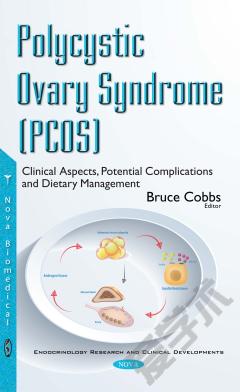
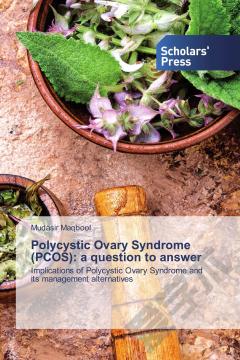
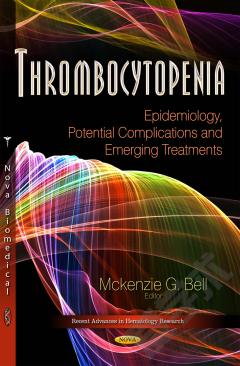
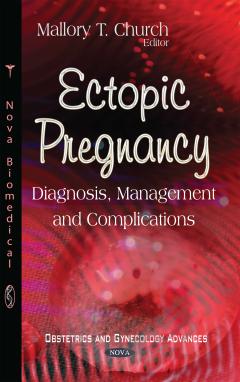
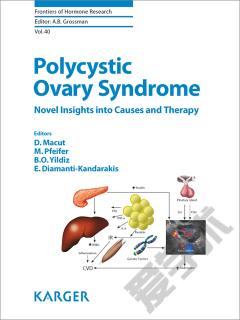



 京公网安备 11010802027623号
京公网安备 11010802027623号